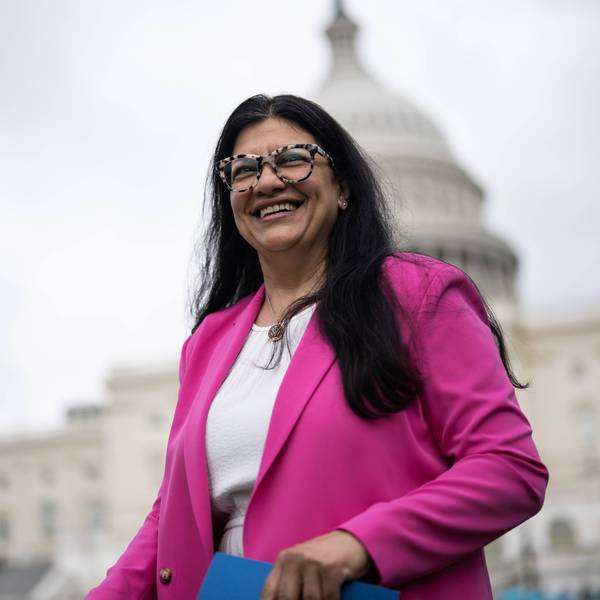As of last month, number of years since the U.S. Supreme Court issued its ruling in Citizens United v. FEC, which lifted limits on money in politics and led to an explosion in the number of outside spending groups that are supposed to operate independently of campaigns and parties and aren't subject to rigorous disclosure rules: 8
Year in which spending by major party organizations stopped accelerating: 2010
Year in which direct spending by U.S. Senate and House candidates began to decline: 2012
Factor by which spending by outside groups increased between the 2010 and 2016 elections: 17
In 2016, percent of money spent in connection with presidential and congressional campaigns that came from these outside groups: more than 20
During the 2016 federal election cycle, total amount the top 20 individual donors alone gave to outside spending groups: more than $500 million
Rank of Tom Steyer, a California entrepreneur and environmentalist, and his wife among the top individual givers: 1
Amount the Steyers contributed: over $91 million
Percent of their contributions that benefitted Democrats and liberals: 100
Number of the top 20 individual donors who are based in the South: 4
Total amount they gave: $83.7 million
Percent of their giving that benefitted Republicans and conservatives: 50
In the 2016 election, number of ballot initiatives voters across the U.S. approved to reduce the amount of money in politics and empower ordinary voters over wealthy donors: nearly 2 dozen
Percent of Americans who assign a lot of blame for dysfunction in the political system to "wealthy political donors" and "money in politics": 65
Percent who believe money in politics is at least somewhat to blame: 98
(Click on figure to go to source.)


